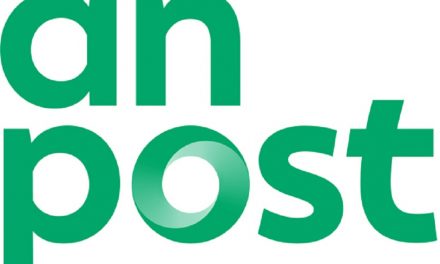
Government told post offices need subsidy to remain open
By ARTHUR BEESLEY
An Post has warned the Government that it will have to subsidise post
offices if they are to remain open.
As it reported rising revenues but lower operating profits for
2000, its chief executive, Mr John Hynes, yesterday said that the
group could no longer shoulder losses on the network.
“We want a sustainable post office network. That will involve a
subsidy”, he said.
The group also revealed that it had sought an increase in its
charges for international mail and will seek a rise in domestic
postal rates later this year.
Rural and urban post offices are believed to have lost about
(pounds) 3 million in 2000 and Mr Hynes forecast that the deficit
would rise to more than (pounds) 13 million this year.
An Post believes that only 400 of the 1,900 post offices in the
State are viable.
Citing figures from a report by Mr Phil Flynn, an industrial
relations consultant, Mr Hynes said that the accumulated loss on the
post office network would reach (pounds) 82 million by 2004. The
group was committed to the “sustainable development” of the network,
but Mr Hynes said EU regulations would prevent it cross-subsidising
the division with profits from the remaining areas of its postal
monopoly.
Mr Flynn concluded that the group could not reconcile its
necessity to trade effectively with a Government directive
prohibiting closures within the post office network.
His report was sent to the Minister for Public Enterprise, Ms
O’Rourke, who appointed an inter-departmental working group to draw
up a “blueprint” for the business. An Post said it expected that
analysis to be delivered later this month.
At the publication of what it described as “modest” financial
results for 2000, An Post said returns from its core activities were
“increasingly inadequate”.
Revenues rose by (pounds) 27 million to (pounds) 451 million, but
the group’s day-to-day profit fell to (pounds) 7.7 million from
(pounds) 10.5 million. Its profit margin fell to 1.7 per cent from
2.5 per cent, a level described by Mr Hynes last year as “completely
inadequate”.
An Post’s chairman, Mr Stephen O’Connor, said that costs were
rising faster than revenues and were “seriously detrimental” to the
group’s future.
While it has agreed an employee share option plan designed to
deliver annual savings of (pounds) 27 million by 2003, Mr O’Connor
said the combined impact of inflation and wage increases meant these
savings alone would not produce sufficient trading profits to ensure
the group’s viability.
An Post’s overall return for the year was boosted by a (pounds)
40.5 million profit on the sale of shares acquired in Esat Telecom
when it purchased the PostGEM Internet business.
IRISH TIMES, 12th July 2001











